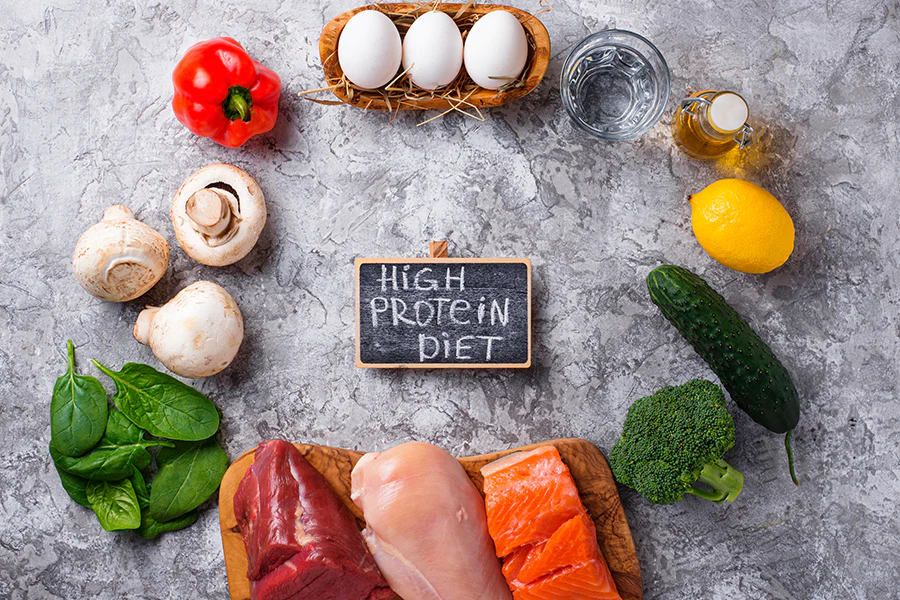The Importance of Protein
By addressing food insecurity and promoting adequate protein intake, we can improve the overall health and well-being of individuals and communities. This requires collaborative efforts from governments, non-governmental organizations, community-based initiatives, and individuals to create sustainable solutions and break the cycle of food insecurity. Efforts should focus on improving access to nutritious food, promoting sustainable agriculture, fostering economic opportunities, and empowering vulnerable populations.
Food insecurity has profound consequences on physical health, cognitive development, and overall well-being. When individuals or households experience food insecurity, they often struggle to access an adequate and diverse range of nutritious foods, including those rich in protein. Inadequate protein intake contributes to malnutrition and its associated health consequences.
Protein is essential for growth, development, and maintenance of the body's tissues, as well as for numerous physiological processes. It plays a crucial role in building and repairing muscles, producing enzymes and hormones, supporting immune function, and maintaining healthy hair, skin, and nails. Protein intake has an additional benefit of reducing feelings of hunger because it metabolizes at a slower rate than carbohydrates thereby promoting fullness. Insufficient protein intake can lead to muscle wasting, increased illness, delayed wound healing, and decreased overall health and well-being.

Chicken is a complete protein, meaning it contains all the essential amino acids that the body needs for optimal function. One of the primary benefits of chicken as a protein source is its high bioavailability. This means that the body can easily digest and absorb the protein in chicken, allowing for efficient utilization by the muscles and other tissues. Additionally, chicken provides essential nutrients including B vitamins, iron, zinc and selenium.
Because high quality protein sources are also high in price, food-insecure households resort to cheaper, calorie-dense foods that are often low in protein and other essential nutrients. These foods include processed and convenience foods, which are typically more accessible and affordable while being high in refined carbohydrates, unhealthy fats, and added sugar. Combining protein, an essential macronutrient, with other nutrients including vegetables/fruits, healthy fats, vitamins and minerals is crucial for overall health and well-being.
Marcy Kirshenbaum, MS, CNS, LDN
www.enhancenutrition.net
Related Posts

Join The Newsletter
Newsletter Subscription
We will get back to you as soon as possible.
Please try again later.
All Rights Reserved | Hunger Resource Network | Website designed by NorthShore Loyalty


